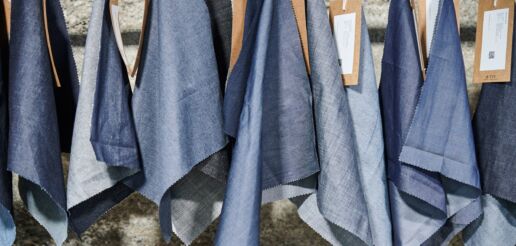The denim industry is taking innovative steps towards denim manufacturing that is cleaner, more respectful to our environment and that uses fewer resources. While each mill, launderer and denim service provider who exhibits at BLUEZONE are champions of sustainability in their own right, there is a growing ethos in the denim community and at our shows to support one another and grow towards a cleaner industry together.
Together with ReSOURCE, our online sourcing platform for sustainable materials, we are able to evaluate denim according to different sustainable criteria across the fiber, dyeing and finishing stages of denim production. Understanding how the material is made, under which conditions, from which materials and the production methods will go a long way to deciding which sustainable denim is relevant to you and your brand. Get to know the leading 3 material criteria you need to know about when it comes to sourcing sustainable denim:

Lyocell Tencel®
Lyocell is a manufacturing process of rayon which is much more eco-friendly than its relatives modal and viscose. Lyocell is made in a closed-loop system that recycles almost all of the chemicals used. Tencel® is made from eucalyptus from PEFC certified forests. Eucalyptus trees grow quickly without the use of pesticides, fertilizers or irrigation.
Look for denim which contain Tencel if you are interested in:
- Low water usage
- Using renewable resources
- Chemical control
- GMO free
- No soil erosion
- Biodegradable
Eco Stretch
Fiber innovations such as Creora, Eco Lycra and Roica EcoSmart Elastane provide a biodegradable alternative, however stretch denim is synonymous with synthetics and will typically contain a percentage of either polyester, nylon or elastane. Until recently it was not possible for a stretch denim to be 100% biodegradable but soon Canidani, will launch their latest Bio-Stretch fabric Covera™ at BLUEZONE on August 31st 2021.
Look for eco stretch denim if you are interested in:
- Reducing the time for the product to degrade
- Reduce the amount of synthetic fibers used in production
- Blending fibers to produce new qualities
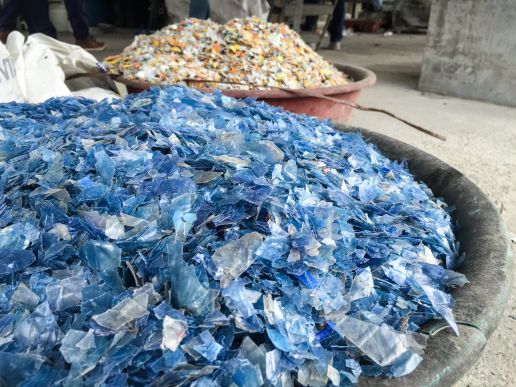
Recycled Fibers
A lot of research is underway to making denim using post-consumer and post-production waste. Often, recycled fibers make up only a percentage of the overall composition of the final denim product. Typically the most popular recycled materials used in denim production include: cotton; polyester; post-consumer denim; post-consumer fibers; PET and nylon.
Look for denim which contains recycled fibers if you are interested in:
- Using waste materials
- Diverting waste from landfills
- Reducing waste
- Low water usage
- Low energy usage
- Blending fibers to produce new qualities
Lyocell Tencel®
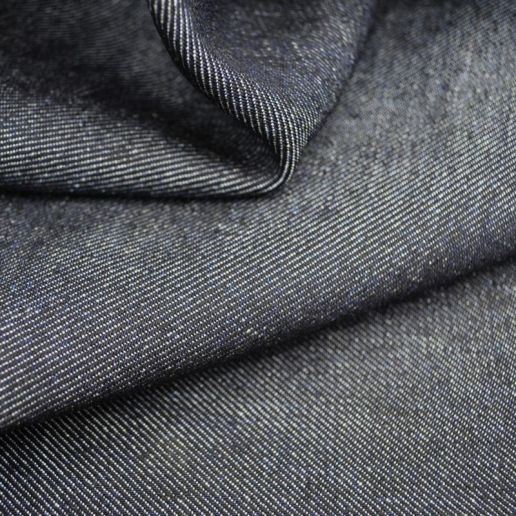
100% Tencel
Certified: FSC , SA 8000
Bossa Denim
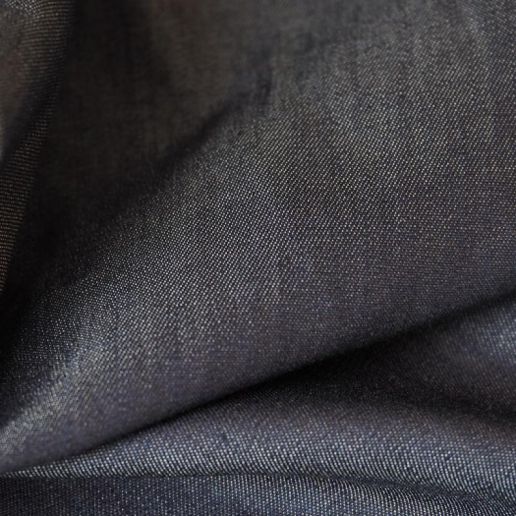
70% Cotton, 30% Tencel
Certified: Oeko-Tex 100
KG Denim
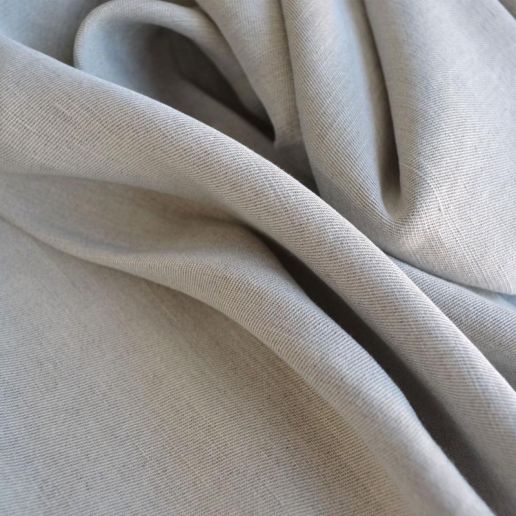
60% Linen, 40% Tencel
Certified: FSC, Oeko-Tex 100
Velcorex
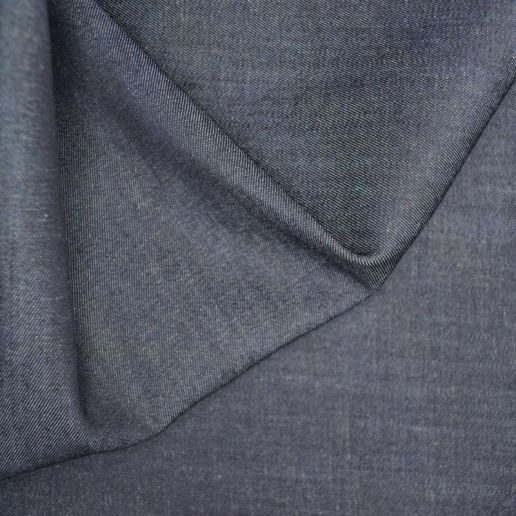
50% Cotton, 40% Tencel, 7% T-400 Lycra, 3% Lycra
Certified: FSC, BCI
Calik Denim
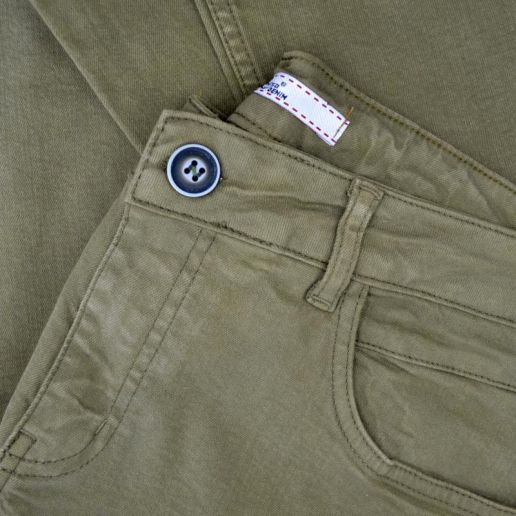
49% Cotton, 31% REC Cotton, 18% Tencel, 2% Elastane/Spandex
Certified: FSC, GRS
Tüsa Denim
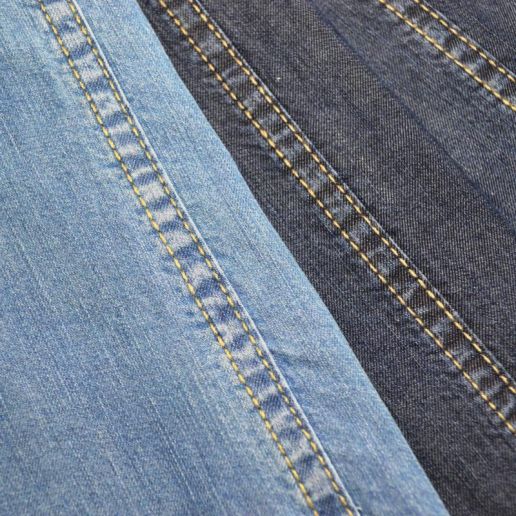
66% Cotton, 32% Tencel, 2% Elastan/Spandex
Certified: FSC, Oeko-Tex 100, BSCI, BCI
Tejidos Royo
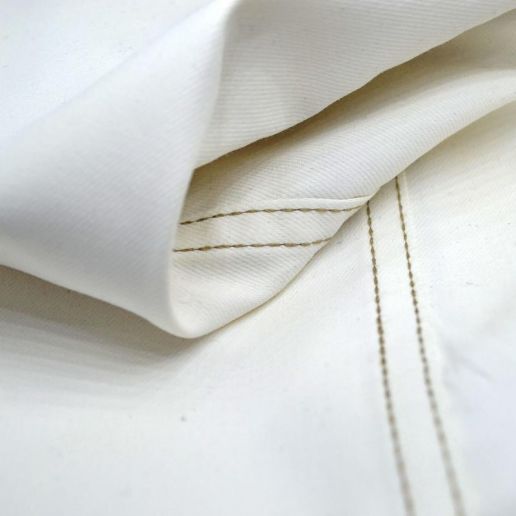
93% Tencel, 6% Elastomultiester, 1% Elastane/Spandex
Certified: FSC, Oeko-Tex 100, BSCI
Tejidos Royo
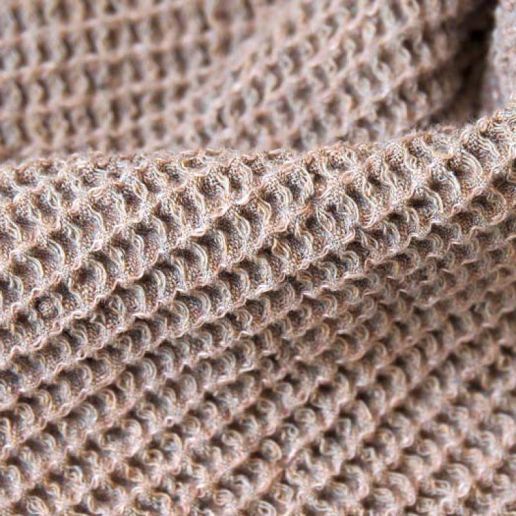
50% Viscose, 25%Tencel, 25% REC Denim Fibers
Certified: Oeko-Tex, GRS
Linas
Recycled Fibers
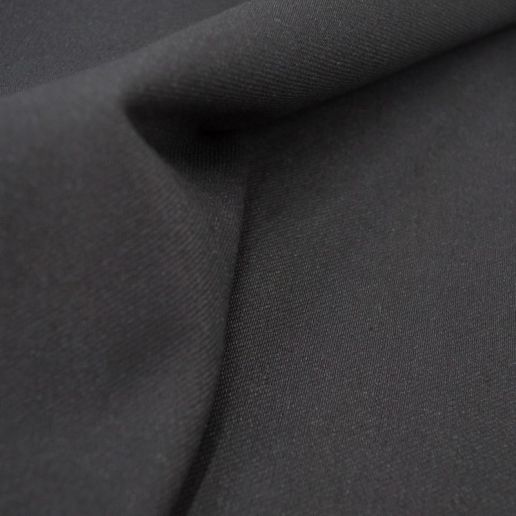
34% kbA Cotton, 30% REC Denim, 26% Cotton, 5% PES, 3% REC PES, 2% Elastane/Spandex
Certified: SA 8000, OCS BLENDED, ISO 14001
Bossa Denim
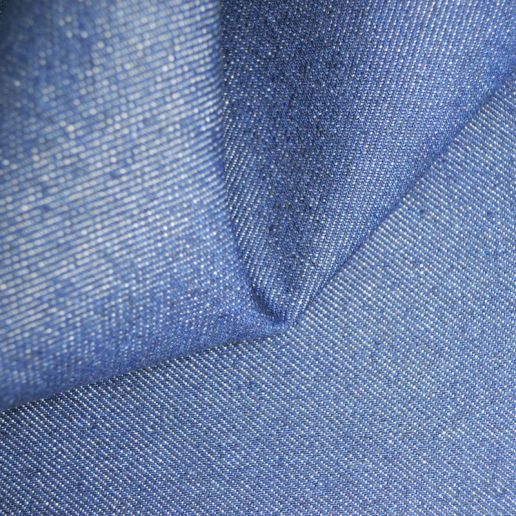
48% REC Cotton, 39% Cotton, 6% Ecovero, 6% REC PES, 1% Elastane/Spandex
Certified: FSC , SA 8000, OCS BLENDED, RCS blended, ISO 14001
Bossa Denim
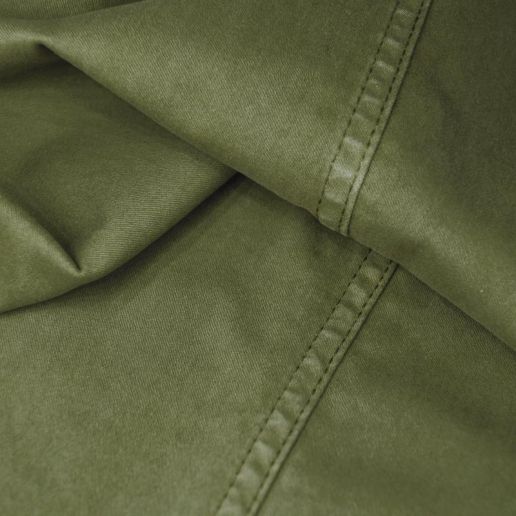
55% Cotton, 30% REC Cotton, 10% T-400 Lycra, 2% Elastane/Spandex
Certified: Oeko-Tex 100, GRS, BSCI, BCI
Tejidos Royo
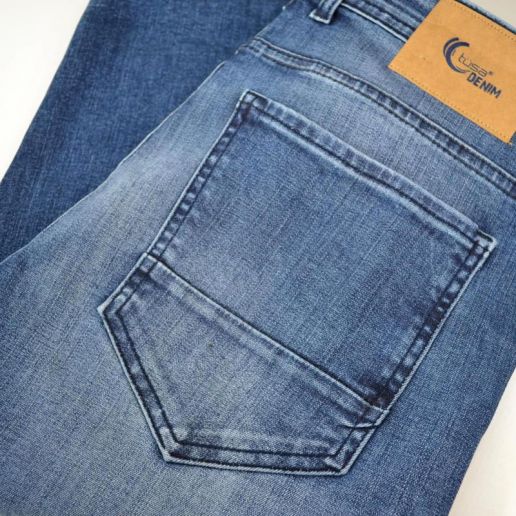
80% kbA Cotton, 18% Repreve, 2% Elastane/Spandex
Certified: GRS, OCS Blended
Tüsa Denim
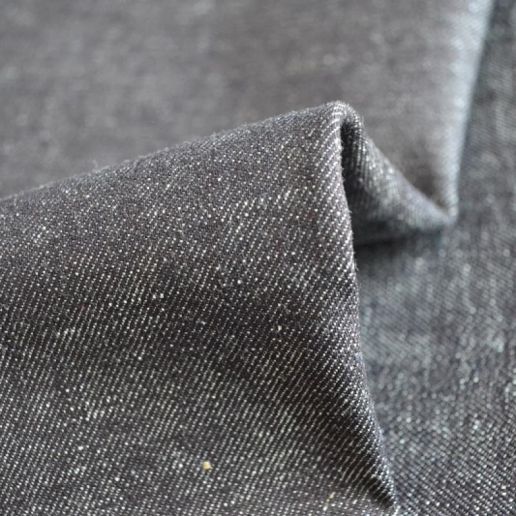
74% kbA Cotton, 24% REC Cotton, 2% Elastane/Spandex
Certified: GRS, BSCI, OCS 100, STeP by Oeko-Tex
Tejidos Royo
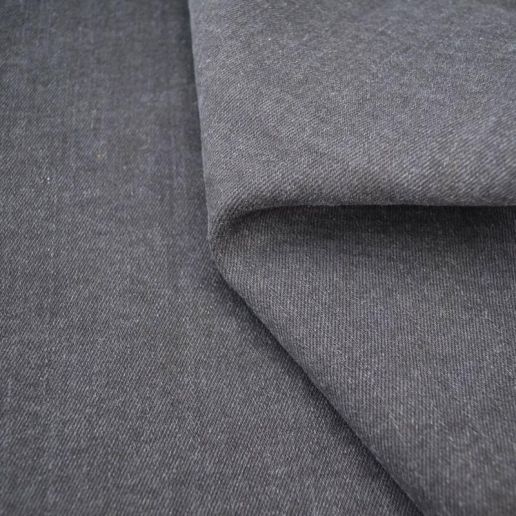
64% Cotton, 20% REC Cotton, 14% PES, 2% Elastane/Spandex
Certified: GRS, BCI
Naveena Denim
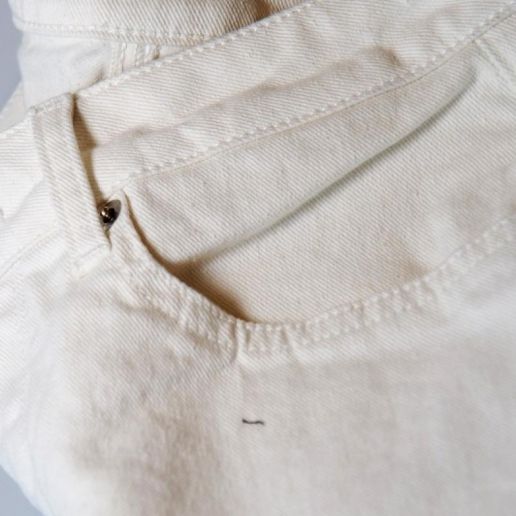
72% Cotton, 20% REC Cotton, 5% PES, 3% Elastane/Spandex
Certified: GRS, BCI, OCS 100, OCS BLENDED, RCS 100, RCS blended
Gediz Kumaş
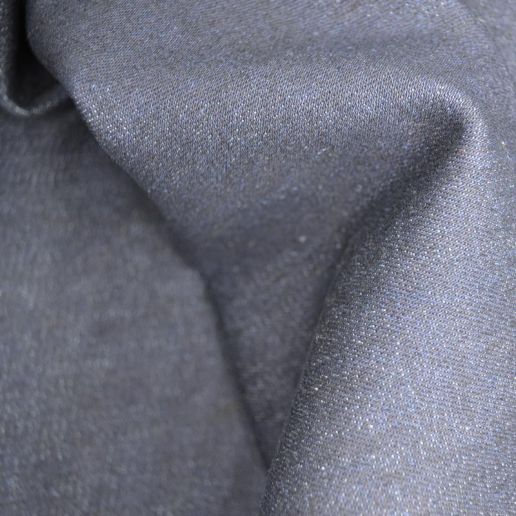
77% Cotton, 15% Repreve, 6% REC PES/PET, 2% Elastane/Spandex
Certified: GRS, BCI
Naveena Denim
Eco Stretch
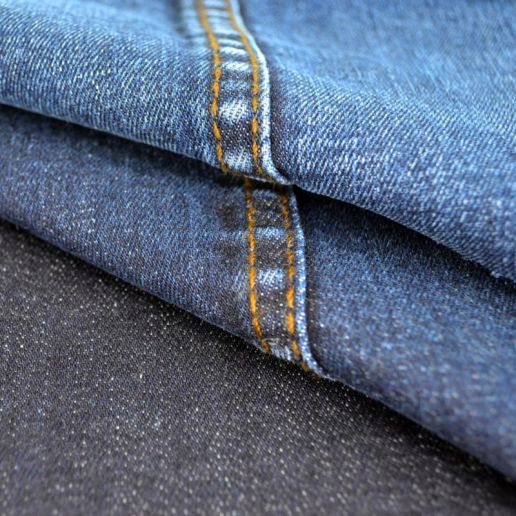
98.5% kbA Cotton, 1.5% Elastane/Spandex
Certified: GOTS, ISO 14001
Evlox Denim
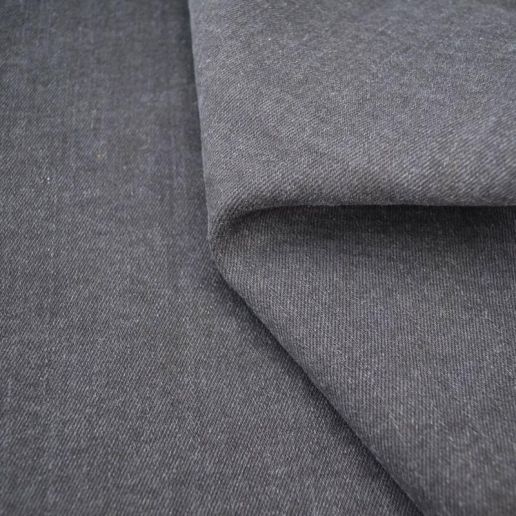
64% Cotton, 20% REC Cotton, 14% PES, 2% Elastane/Spandex
Certified: GRS, BCI
Naveena Denim
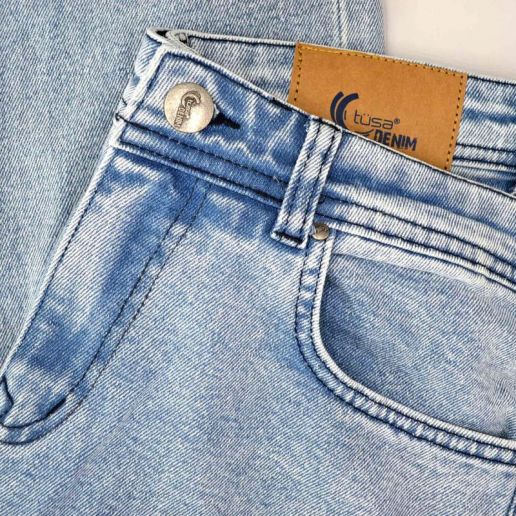
81% Cotton, 18% REC PES, 1% Elastane/Spandex
Certified: GRS
Tüsa Denim
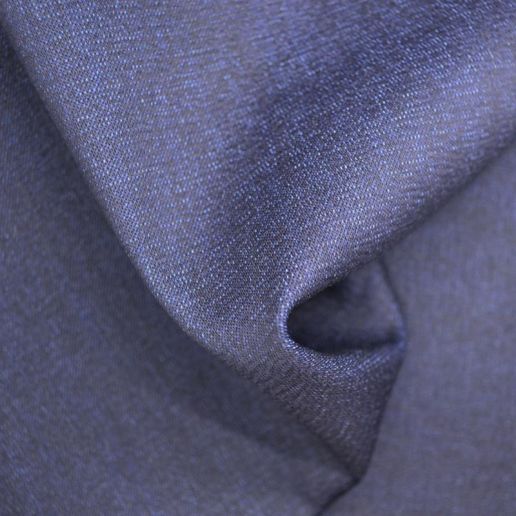
55% Cotton, 42% Biodegradable Polyamide, 3% Biodegradable EL
Certified: SA 800, BCI, ISO 14001
Bossa Denim
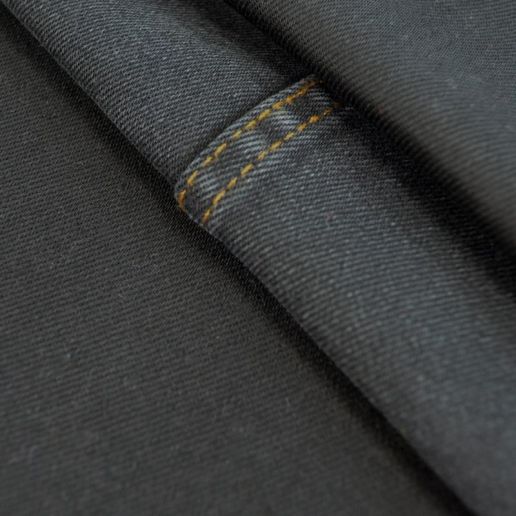
98.5% kbA Cotton, 1.5% Elastane/Spandex
Certified: GOTS, ISO 14001
Evlox Denim
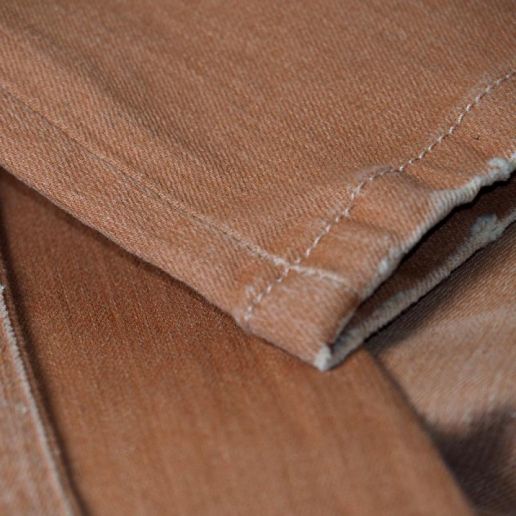
98% kBa Cotton, 2% Elastane/Spandex
Certified: GOTS, Oeko-Tex 100, BCI
Maritas Denim
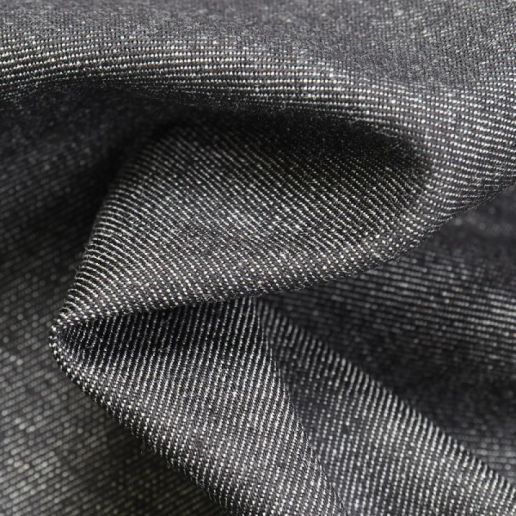
80% kbA Cotton, 11% Cotton, 6% T-400 LYCRA, 3% Elastane/Spandex
Certified: BCI
Calik Denim
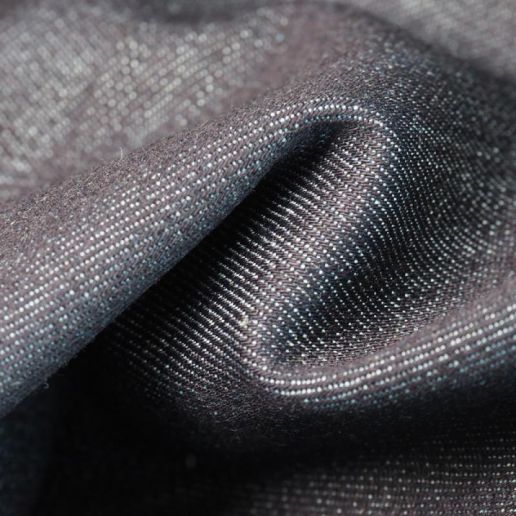
82% kbA Cotton, 15% REC Cotton, 3% Elastane/Spandex
Certified: Oeko-Tex 100, OCS, RCS 100
Orta Anadolu
As part of our ongoing commitment to supporting sustainability in fashion, we want to improve our online sourcing platform ReSOURCE. Therefore, we want to hear from you! What products do you wish you could find on ReSOURCE? What information are we missing that could your fashion brand enter the next stage of responsible sourcing? Share your thoughts with us via mail to info@munichfabricstart.com
Look forward to new products featured on the ReSOURCE sustainable sourcing platform, coming soon for Autumn.Winter 22/23.
#resource #onlinesourcingplatform #sustainablesourcing #responsiblefashion #sustainabletfashion #sourcesustainable #letsresource


